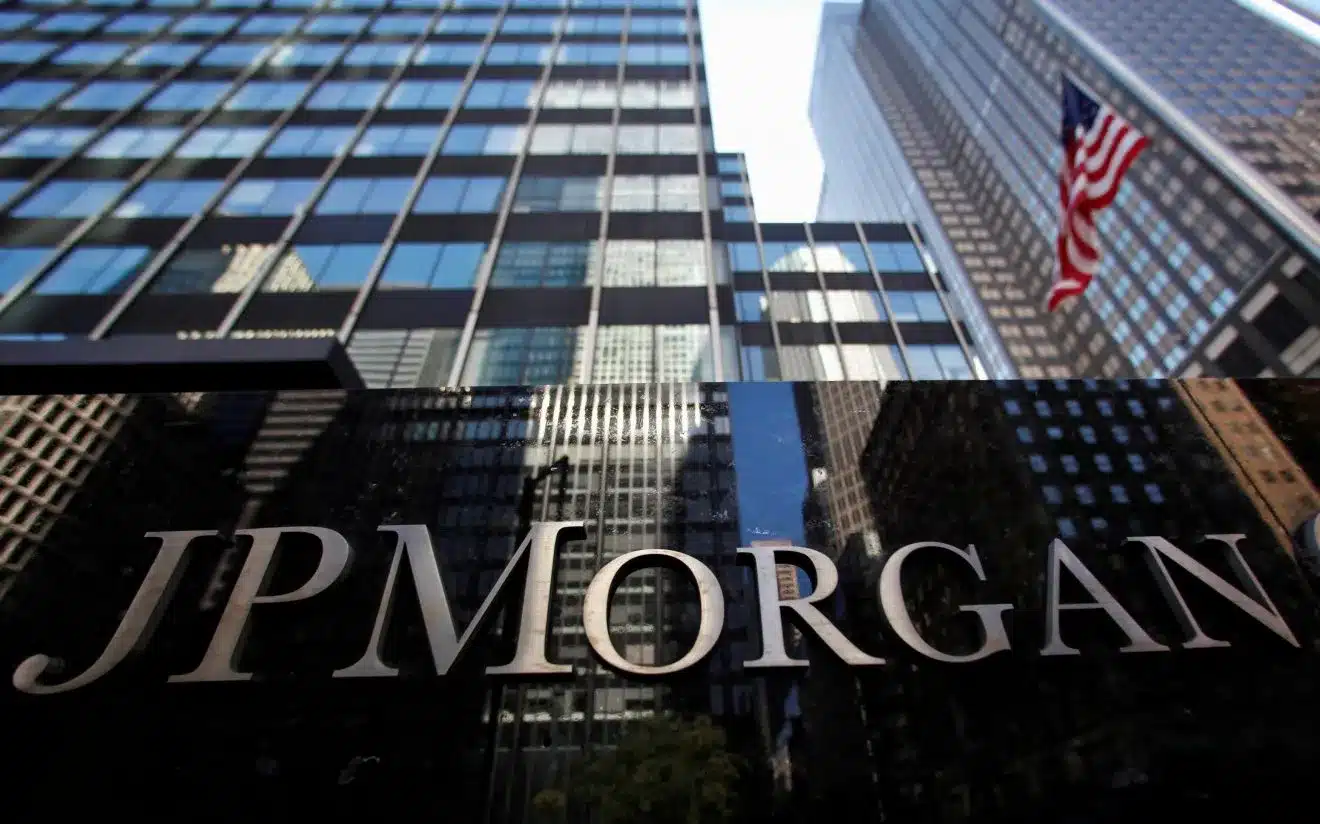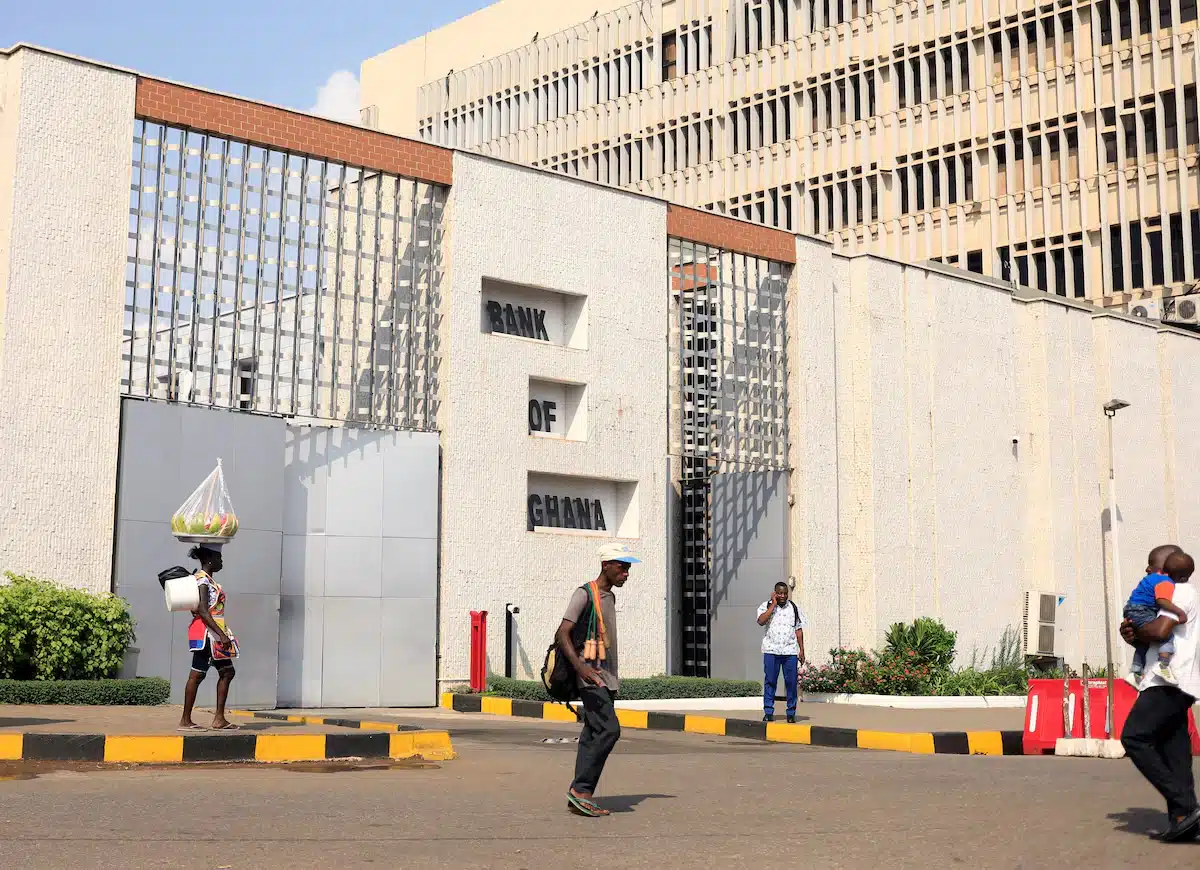J.P. Morgan, the largest bank in the United States, has urged investors to scale back long positions in Nigerian Open Market Operation (OMO) bills, citing heightened global risk, falling oil prices, and renewed trade tensions that could deepen Nigeria’s economic vulnerabilities.
In a research note dated 9 April 2025, titled, Frontier Local Markets Strategy: Reducing Risk Further, the bank advised clients to exit Nigerian Treasury bills as Brent crude approaches the sub-$60 per barrel mark.
Nigeria’s estimated breakeven oil price stands at around $60, making the country’s external balance particularly sensitive to further declines.
Previously bullish on Nigeria’s carry trade—an investment strategy that leverages the spread between high-yield local instruments and stable currency outlook—J.P. Morgan’s latest stance signals a dramatic shift.
The investment bank attributed its caution to U.S. President Donald Trump’s return to office and his renewed push for sweeping global tariffs, both of which have added fresh volatility to global markets.
CBN’s confidence meets caution from abroad
The warning contrasts sharply with recent optimism from Nigeria’s central bank. Earlier this month, the Central Bank of Nigeria (CBN) projected a steady uptick in external reserves, citing improved oil production and favourable non-oil export conditions.
The apex bank had also reported a balance of payment (BoP) surplus of $6.83 billion in 2024—its first in years—citing structural monetary reforms and ongoing FX market unification.
However, analysts note that with 90% of Nigeria’s foreign exchange earnings derived from oil exports, falling crude prices remain a clear and present danger to these projections.
Sub-$60 oil a tipping point for naira stability
According to J.P. Morgan, if oil prices remain below Nigeria’s fiscal breakeven, the country’s current account could tip back into deficit, reversing hard-won gains.
The bank warned that in such a scenario, the exchange rate could breach the 1,700/$1 mark—well above the current level of around 1,500/$1—amid declining dollar inflows.
The CBN has already sold an estimated $550 million into the FX market in March alone to stabilise the naira, which depreciated 3.6% that month. But the bank cautioned that this level of support may not be sustainable if oil revenues continue to dwindle.
J.P. Morgan also flagged the risk of capital flight, estimating potential foreign portfolio outflows of up to $10 billion, particularly if sentiment deteriorates further.
Liquidity strain hits domestic debt markets
Domestically, Nigeria’s fixed-income market has also shown signs of stress. Yields on OMO bills and Treasury bills have risen by as much as 300 basis points in recent weeks, pointing to thinning liquidity and growing investor reluctance.
To prevent disorderly auctions and preserve market confidence, the central bank has reportedly intervened directly in auctions and provided liquidity support.
Nonetheless, J.P. Morgan warned that Nigeria’s domestic bond market remains vulnerable, particularly as inflation concerns mount and oil-linked revenues falter.
Outlook hinges on reform resilience
While J.P. Morgan has withdrawn its short-term support, the bank maintains a cautiously optimistic medium-term outlook.
It commended Nigeria’s reform momentum—especially efforts to unify the FX rate, remove fuel subsidies, and commercialise the state oil company, NNPC Limited.
However, the report concluded that Nigeria’s ability to weather these global headwinds hinges on oil market recovery and fiscal discipline. Investors, it said, should remain watchful, as Nigeria’s asset markets are tightly bound to oil prices and global risk sentiment.
“Without higher oil prices and consistent reform execution, the macroeconomic environment could quickly turn fragile again,” the bank warned.










